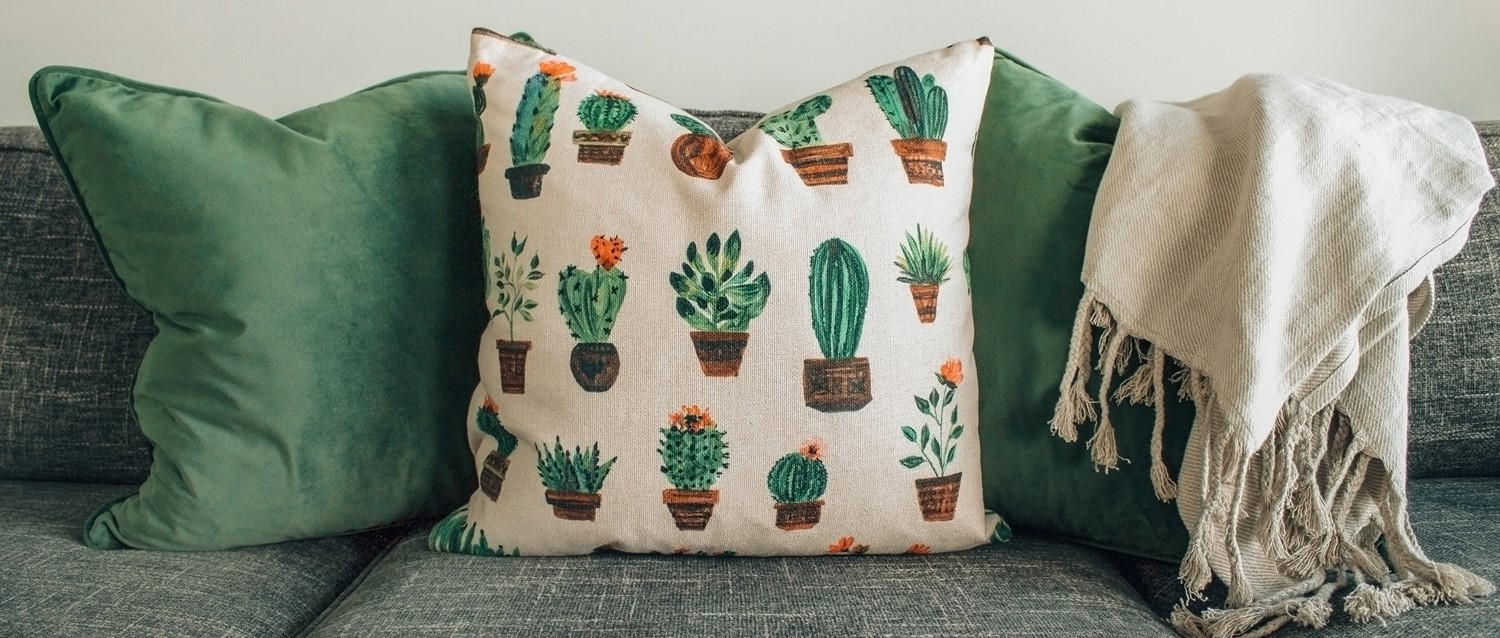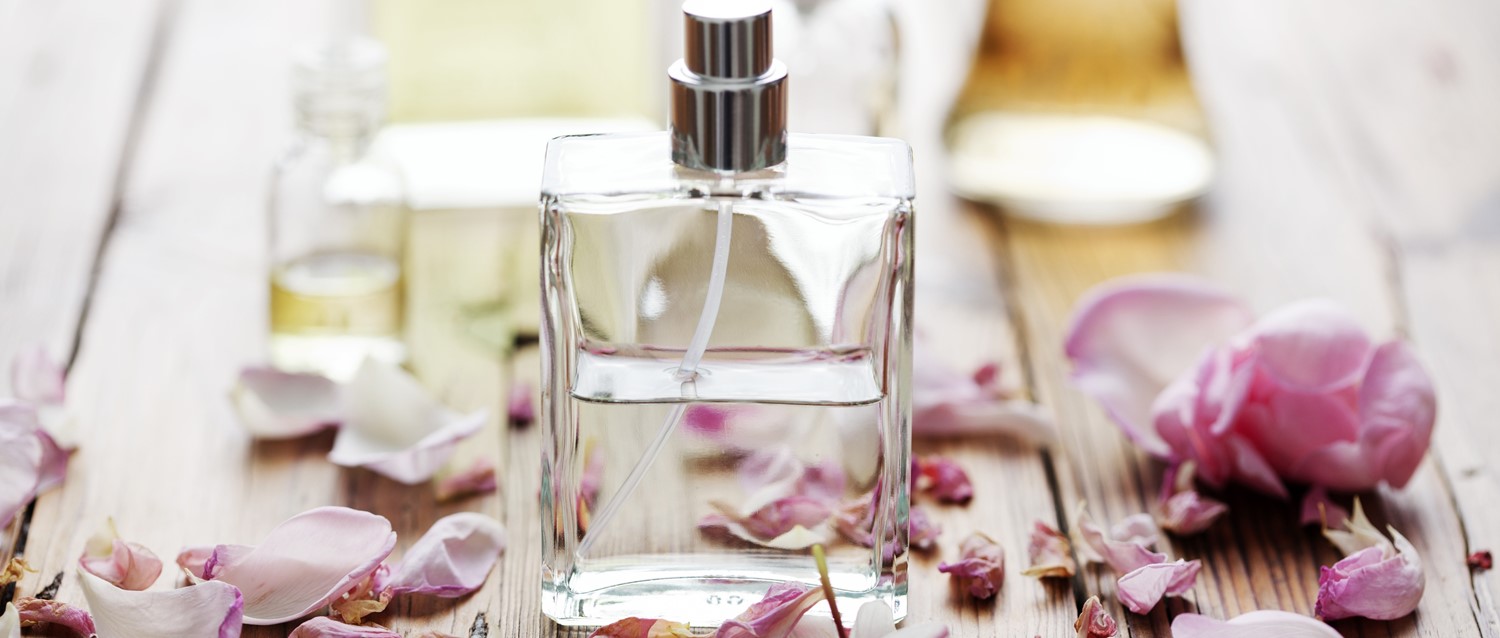
Are cleaning products bad for your health?
Peer reviewed by Dr Sarah Jarvis MBE, FRCGPLast updated by Natalie HealeyLast updated 30 Oct 2018
Meets Patient’s editorial guidelines
- DownloadDownload
- Share
- Language
- Discussion
We all know about the dangers of outdoor pollution, but did you know you could be exposed to harmful chemicals inside your own home? We speak to the experts about the cleaning products that could trigger harmful symptoms and how to keep your house spick and span without damaging your health.
In this article:
Video picks for Asthma
Cleaning is a chore, but it has to be done. I recently moved house and, like many movers, embarked on the 'Big Clean' of the old rental property. I used some powerful products to deep-clean everything from the oven, to the toilet, to even the skirting boards. But now I wonder whether I may have unknowingly put my health at risk in my quest to get my deposit back.
Continue reading below
Silent but deadly
It turns out that indoor air pollution is a little known but very toxic problem. It comes from multiple sources such as gas stoves and wood burners but also personal care products such as nail varnish and deodorant, and even cleaning products. We spend up to 90% of our time indoors, often without ventilating appropriately, which could mean the levels of some pollutants become even higher than outside.
As Colette Harris, head of health advice at Asthma UK, points out:
"Most of us know that it can be harmful to breathe in polluted air outside but even the air in your own home could prove toxic, especially for people with health conditions such as asthma."
Harris stresses that cleaning products can even trigger potentially fatal asthma attacks in the home. So how can we reduce the risk for everyone while maintaining a house that Anthea Turner would be proud of? I asked Dr Julianne Barry from the London Doctors Clinic whether my worries were founded in truth.
As harmful as smoking?
Back to contentsBarry explains that chemicals called VOCs - volatile organic compounds - are found in vapours from many commonly used household cleaning products.
"The potential risks have been highlighted in quite a recent study that assessed lung function in individuals who were employed, long-term, in cleaning roles, as well as those using regular cleaning products in the home. It was found that lung function was markedly impacted in these people, to the extent of being compared with the effects of having smoked 20 cigarettes a day for 10-20 years," Barry reveals.
The chemicals found in cleaning products, such as VOCs and ammonia, may induce some physical symptoms. And the severity of these health problems is linked to the concentration of the cleaning products and how long you're exposed to them. So if cleaning is your profession, you might need to be particularly careful.
"Symptoms include irritation of the eyes, nose or throat; respiratory symptoms such as shortness of breath, cough, wheeze; nausea, headaches/migraine, dizziness, skin issues and allergic reactions," points out Barry.
And some people are more at risk than others, she explains.
"Anyone with pre-existing respiratory conditions such as asthma or chronic obstructive pulmonary disease (COPD) is at risk of the potentially harmful effects. Asthmatics have hyper-reactive airways making them more susceptible to the effects of airborne contaminants. They are at risk of developing symptoms such as airways irritation, throat or chest tightness, shortness of breath, cough or wheeze."
So if someone in your household has a respiratory condition, you need to be particularly careful about which chemicals you're using in the home.
Continue reading below
Contact dermatitis
Back to contentsA common health consequence of cleaning, albeit a less potentially deadly one than a respiratory condition, is contact dermatitis - when products irritate your skin. It mostly affects the hands, because these are the parts of the skin most likely to be in contact with possible causes of inflammation.
There are two main types of contact dermatitis. Anyone can be affected by irritant contact dermatitis, which occus when the skin is in contact with harsh products. The thinner the skin (hands, face and groin in particular), the stronger the product and the longer you are in contact with it, the more likely you are to have problems. Cleaning products like bleach, washing up liquid, soap and household cleaning sprays can all be to blame.
The second, less common cause is allergic contact dermatitis. This is caused by your immune system becoming sensitised to something, and is more common in 'atopic' people with a history or family history of other allergies such as asthma or eczema. Although traditionally associated with jewellery (especially nickel) and cosmetic products such as hair dye, some people do develop allergic contact dermatitis from contact with cleaning products.
If you have sensitive skin, it's a good idea to know which chemicals are in your cleaning products and avoid ingredients you may have had a reaction to in the past. Protecting your hands with gloves and applying a moisturiser regularly can really help too.
Alternative cleaning products
Back to contentsCleaning is essential to protecting our health in our homes, so indoor pollution shouldn't be an excuse to give up on it completely - no matter how much you hate scrubbing the bathroom. Instead, the first step to preventing cleaning-related health problems, says Barry, is to always read the labels when you're buying new products.
Green cleaning
"There are several eco-friendly, natural, 'green' brands on the market which are clearly labelled and contain far lower levels of VOCs. Their packaging also tends to be biodegradable which is a major plus in our plastic-saturated environment.
"Although these products can be slightly more pricey, I feel this is a good pay off in terms of minimising health risks to you and your family in the long run," she says.
Make your own
Alternatively, you can make your own. Home-made cleaners are ultimately significantly cheaper and remove the need to trawl through lists of chemical ingredients.
"These can include simply using warm water and soap. Baking soda is good for scrubbing. And a good glass cleaner can be whipped up by mixing water and vinegar," says Barry.
However, it's worth pointing out that even seemingly harmless cleaners, such as vinegar and baking soda can be dangerous when mixed, or used alongside other cleaning products, reveals chemist Dr Tim Bond who advises microfibre cloth brand e-cloth. Don't forget, vinegar and baking soda are 'chemicals' too.
“Mixing bleach and vinegar creates chlorine gas, which even at low levels can trigger coughing, breathing problems and burning, watery eyes. While combining hydrogen peroxide with vinegar creates peracetic acid, which is potentially toxic and can irritate the skin, respiratory system and eyes," he cautions.
Microfibre
A microfibre cloth may be a good alternative if you are sensitive to regular cleaning products because all you need to do is add water to the fabric. Microfibre is made up of millions of tiny fibres which have the ability to attract and trap dust, dirt and bacteria. They also absorb fluids more effectively than conventional cotton cloths.
Continue reading below
Protect yourself against indoor pollution
Back to contentsMicrofibre may be effective, but not everyone will want to make the transition. I trialled the e-cloth recently, and while I did find it did a decent job of cleaning worktops, I can't imagine using one for a more heavy-duty task, such as cleaning the bathroom. So Barry suggests a compromise to those unwilling to give up on the bleach.
Ventilate!
Ventilation is a priority, she explains. It's one of the most important things to remember when you're cleaning.
"Make use of bathroom and kitchen extractor fans when cooking and cleaning as they work well to remove VOCs from the air."
Ditch the air freshener
And if you can live without them, Barry recommends avoiding using aerosol or plug-in air fresheners as they can spark migraine and respiratory symptoms in some people.
"Terpene is a commonly used compound in air fresheners which emits an odour resembling pine. Terpene can react with the air forming particles that trigger respiratory symptoms. Consider trying essential oils products as alternatives," Barry suggests.
Get green fingered
Finally, placing plants around the home can be useful as they are thought to be natural air detoxifiers, Barry explains. Good contenders include peace lilies and aloe vera. And good news: these green friends are hard to kill.
But seek advice if you have symptoms
Ultimately, limiting your cleaning product use to a short period every week is unlikely to lead to a health problem. Just don't forget to crack open a window first. But if you do develop symptoms of concern, it is important to discuss these with your doctor without delay.
Patient picks for Asthma

Chest and lungs
Can you really 'grow out' of asthma?
Asthma is a lifelong condition that can be highly disruptive to everyday activity. However, those diagnosed with milder symptoms in childhood can find their symptoms lessen or 'disappear' over time and subsequently stop using medication. We investigate if it really is possible to grow out of asthma and whether abandoning your inhaler puts you at risk.
by Georgia Gallant

Chest and lungs
Why your favourite perfume could trigger an asthma attack
Almost half of 5.4 million asthma sufferers in the UK find that perfume triggers their symptoms. We investigate why this is and what can be done to manage its effects.
by Ginny Weeks
Continue reading below
Article history
The information on this page is peer reviewed by qualified clinicians.
30 Oct 2018 | Latest version

Ask, share, connect.
Browse discussions, ask questions, and share experiences across hundreds of health topics.

Feeling unwell?
Assess your symptoms online for free
Sign up to the Patient newsletter
Your weekly dose of clear, trustworthy health advice - written to help you feel informed, confident and in control.
By subscribing you accept our Privacy Policy. You can unsubscribe at any time. We never sell your data.